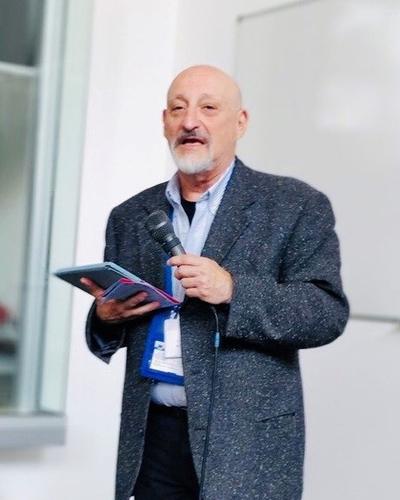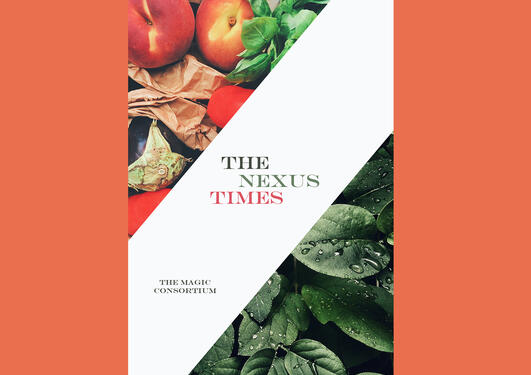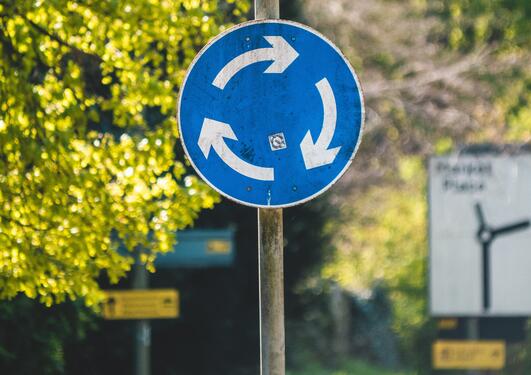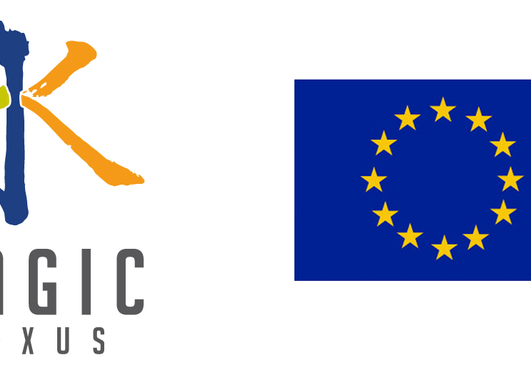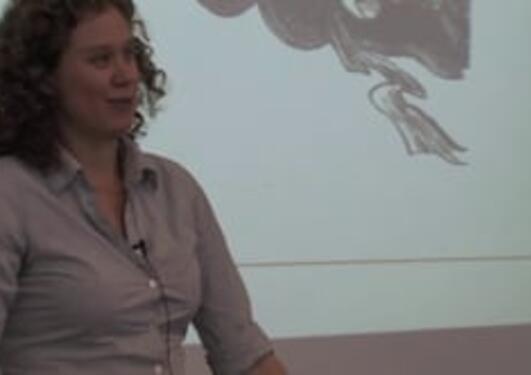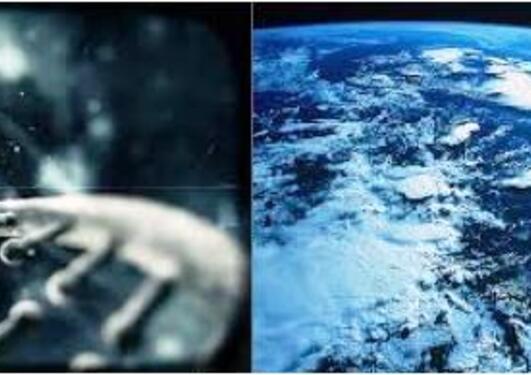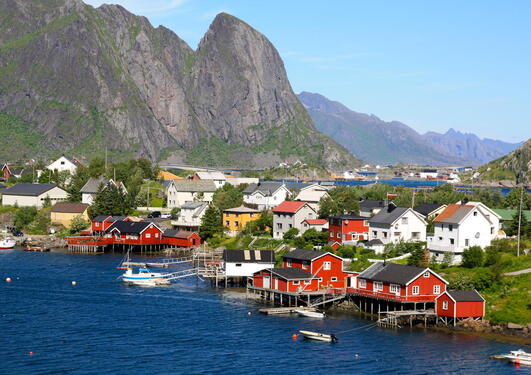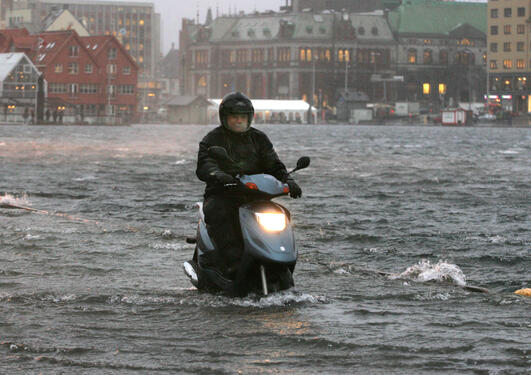Silvio Oscar Funtowicz
- E-mailsilvio.funtowicz@uib.no
- Visitor AddressParkveien 9Ida Bloms hus5007 Bergen
- Postal AddressPostboks 78055020 Bergen
Funtowicz was Professor II at SVT from February 2012 to spring 2021. He is now a guest researcher here. He is a philosopher of science active in the field of science and technology studies. He began his career teaching mathematics, logic and research methodology in Buenos Aires, Argentina. During the 1980s he was a Research Fellow at the University of Leeds, England. Until his retirement in 2011 he was a scientific officer at the Institute for the Protection and Security of the Citizen (IPSC) of the Joint Research Centre of the European Commission (EC-JRC).
Together with Jerome R. Ravetz, he introduced the concept of post-normal science (PNS), and in their book Uncertainty and Quality in Science for Policy (1990), they introduced NUSAP; a notational system for the management and communication of uncertainty in science for policy. Funtowicz' article Science for the post-normal age (1993) is still the most cited paper in its field in the journal Futures. The paper was recently republished with a new foreword related to the Covid-19 pandemic (May 2020).
With Ângela Guimarães Pereira, he curated Science for Policy: New Challenges, New Opportunitiesand End of the Cartesian Dream, which represent an important collective effort gathering three generation of scholars active in the field of PNS, followed a year later by a multi-authors book by the same community on the reproducibility and quality control crisis of science.
Funtowicz has also collaborated with researchers at SVT. With Professor Roger Strand he has looked at the issue of agency at times of change. In the paper Change and commitment - beyond risk and responsibility (2011), Funtowicz and Strand argue that a risk-centred vision based on prediction and control in front of global and emerging treats should be replaced by one based on commitment.
NUSAP, the system introduced by Funtowicz and Ravetz, was later developed as a full system of knowledge quality assessment by Professor in Theory of Science at SVT, Jeroen P. Van Der Sluijs.
In addition, Funtowicz has worked with Andrea Saltelli, Professor II at SVT. With Saltelli and others he developed the concept of sensitivity auditing, an extension of sensitivity analysis for statistical and mathematical models used as input to policy design and appraisal.
Funtowicz is the author of numerous books and papers in the field of environmental and technological risks and policy-related research. He has lectured extensively and participated in the editorial board of several publications, and the scientific committee of many projects and international conferences.
Articles/comments/seminars:
Complex political problems: Why Science can’t speak with One Voice. Post-Growth Innovation Lab, 22.04.24
Blog post for ESRC STEPS Centre (Social, Technological and Environmental Pathways to Sustainability), 25.03.2020: Post-normal pandemics: Why COVID-19 requires a new approach to science (with David Waltner-Toews, Annibale Biggeri, Bruna De Marchi, Mario Giampietro, Martin O’Connor, Jerome R. Ravetz), Andrea Saltelli and Jeroen P. van der Sluijs.)
Interviewed together with Andrea Saltelli in Six leading scientists give perspectives on UK science after Brexit, The Guardian, 14.07.2016
Video:
Presentation in NMBU CAPS webinar series: Transdisciplinarity in post-normal science.
Lecture: Post-normal science: A brief history and basic concepts (password: participation) Silvio Funtowicz and fellow SVTer Zora Kovacic introduce and talk about post-normal science.
Short talk at the ESRC STEPS Centre's 2019 symposium on uncertainty: What is Uncertainty, and Why Does it Matter? This talk was part of a panel at the symposium 'The Politics of Uncertainty: Practical Challenges for Transformative Action'. The event was held at the Institute of Development Studies on 3-5 July 2019.
Key note speech: 2019 SDG Conference Bergen. Over two days, Norway’s research and higher education sector brought together national and international speakers from academia, government, civil society, and the United Nations system to explore the roles of research and education in creating new approaches for shared commitments to a sustainable global future. Funtowicz delivered a key note speech on day 2.
Podcasts:
Presentation: Professor Silvio Funtowicz on post-normal science advice. Science for Policy Podcast, SAPEA Communication, 31.01.2022
Talk: On the Rhetoric of Sustainability. Hosted by Forum for Science and Democracy, SDG Bergen and Bergen Global. In this talk, professor Silvio Funtowicz takes a critical look at the sustainability concept, sharing his experiences on how researchers can provide advice to policy-makers in the context of scientific uncertainty and value conflicts.
Conversation: On Post-Normal Science. Silvio Funtowicz (UiB) and Thor Olav Iversen go deep and talk about the 'crisis of science' and the origins of Post Normal Science.
- (2023). Post-normal science. 437-439. In:
- (2023). Elgar Encyclopedia of Ecological Economics .
- (2023). Learning together: facing the challenges of sustainability transitions by engaging uncertainty tolerance and post-normal science. Sustainable Earth.
- (2022). Post-Normal Science, Transdisciplinarity, and Uncertainty in Relation to Educators’ Competences: A Conversation with Silvio Funtowicz. 61-67.
- (2022). Cos’è e cosa non è la scienza post- normale: Intervista a Silvio Funtowicz a cura di Cristina Mangia e Alba L’Astorina. 5 pages.
- (2021). Extended Peer Communities: Appraising the contributions of tacit knowledges in climate change decision-making. Futures: The journal of policy, planning and futures studies.
- (2020). The technique is never neutral. How methodological choices condition the generation of narratives for sustainability. Environmental Science and Policy. 87-98.
- (2020). Post-normal pandemics: Why COVID-19 requires a new approach to science. Blog of ESRC STEPS (Social, Technological and Environmental Pathways to Sustainability) Centre.
- (2020). From risk calculations to narratives of danger. Climate Risk Management. |1-4.
- (2020). From Elite Folk Science to the Policy Legend of the Circular Economy. Environmental Science and Policy. 64-72.
- (2019). Tutti dalla parte di Greta? Epidemiologia & Prevenzione. 202-203.
- (2018). Vecchie risposte a nuove sfide. Epidemiologia & Prevenzione. 182-183.
- (2017). What is science’s crisis really about? Futures: The journal of policy, planning and futures studies. 5-11.
- (2017). Scienza e democrazia in crisi: un viaggio verso il nuovo che ancora non c’è. Epidemiologia & Prevenzione.
- (2016). Science on the verge. Consortium for Science, Policy & Outcomes.
- (2016). New narratives for innovation. Journal of Cleaner Production. 1849-1853.
- (2016). Modelling: Climate costing is politics not science. Nature. 177-177.
- (2016). Democracy, Ethics and the Governance of Emerging Science and Technology. 14 pages.
- (2015). Sustainability and techno-science: What do we want to sustain and for whom? International Journal of Sustainable Development. 329-348.
- (2015). Science, Philosophy and Sustainability The End of the Cartesian Dream. Routledge.
- (2015). Post-Normal Science. 12 pages.
- (2015). Peer Review and Quality Control. 5 pages.
- (2015). New Forms of Science. 7 pages.
- (2015). Negotiating a place for sustainability science: Narratives from the Waikaraka Estuary in New Zealand. Environmental Science and Policy. 47-59.
- (2014). When all models are wrong. Issues in science and technology. 79-85.
- (2013). What do i make of your latinorum? Sensitivity auditing of mathematical modelling. International Journal of Foresight and Innovation Policy. 213-234.
- (2013). What can history teach us about the prospects of a European Research Area? .
- (2013). VISIONS for Venice in 2050: Aleph, story telling and unsolved paradoxes. Futures: The journal of policy, planning and futures studies. 69-78.
- (2013). Science-based risk assessment requires careful evaluation of all studies. Nature Biotechnology. 1077-1078.
- (2013). Science based risk assessment requires careful evaluation of all studies. Nature Biotechnology. 1077-1078.
- (2013). Plug and play: Synthetic biology and the dream of engineering life. Futures: The journal of policy, planning and futures studies. 1-4.
- (2013). Plug and Play: Synthetic Biology and the Dream of Engineering Biology. Futures: The journal of policy, planning and futures studies. 1-4.
- (2012). Sustainable development indicators: from statistics to policy. Environmental Policy and Governance. 322-336.
- (2012). Super-Computers, Evolution and the Fabrication of Life: How can Science and Technology Studies (STS) Contribute to More Reflexive Developments in Systems and Synthetic Biology? International Journal of Social Ecology and Sustainble Development. 11-24.
- (2012). Hybridizing sustainability: towards a new praxis for the present human predicament. Sustainability Science. 75-89.
- (2012). EL DEBATE: Super-ordenadores, evolución y “la basura” de la vida: ¿Cómo pueden los estudios sociales de la ciencia contribuir a un desarrollo más reflexivo de la biología sintética y de sistemas? Revista Iberoamericana de Ciencia, Tecnología y Sociedad -CTS.
More information in national current research information system (CRIStin)
